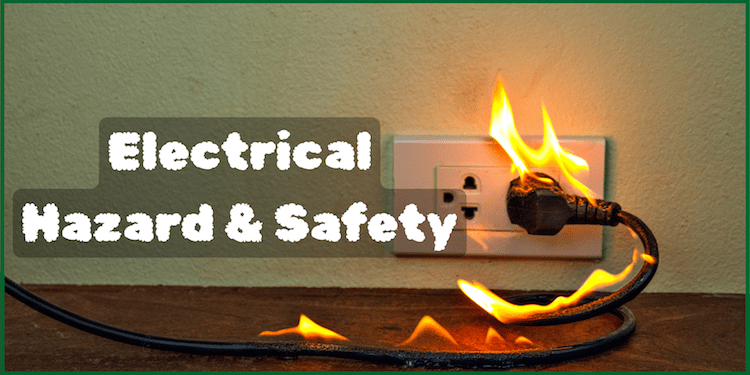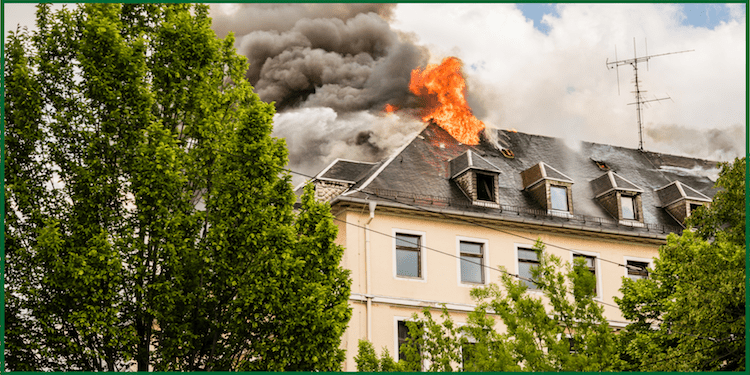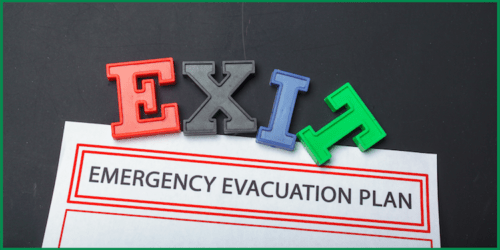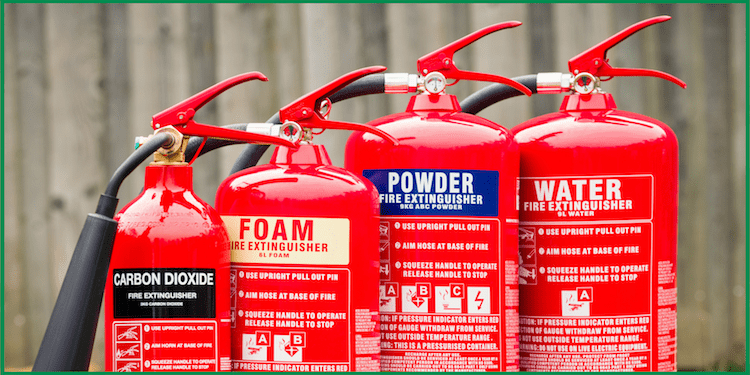Electrical safety is of importance in both residential and commercial environments. While electricity is a powerful and essential energy source, it can also pose significant risks if not managed carefully.
Understanding electrical hazards and staying safe around electricity is crucial for everyone.
In this posting, we will discuss the potential hazards of electricity and the best practices for electrical safety to ensure your and your loved ones’ protection in residential and commercial environments.
Understanding Electrical Hazards
Electricity is the fundamental flow of electrical power or charge. While it powers our homes, offices, and industries, it also has the potential to cause harm if not handled properly. Some common electrical hazards include:
1. Electric Shock: Direct contact with live electrical currents can cause electric shock, which can result in injuries or even fatalities.
2. Fire and Burns: Overloaded circuits, electrical malfunctions, or faulty wiring can lead to fires or thermal burns.
3. Arc Flashes: Sudden releases of energy due to electrical arcs can cause severe burns and other injuries.
4. Power Surges: Uncontrolled bursts of electrical voltage can damage equipment and pose a fire risk.
5. Electrocution: Fatalities from exposure to electric current occur in various settings, emphasizing the need for vigilance and caution around electricity.
Staying Safe Around Electricity
Now that we’ve outlined some of the hazards let’s focus on how to stay safe around electricity:
1. Regular Inspections: Conduct routine inspections of electrical outlets, wiring, and appliances to promptly identify and address any issues.
2. Electrical Upgrades: Ensure your electrical system is up to code and consider upgrades to meet increasing power demands.
3. Proper Equipment Use: Use tools and equipment specifically designed for electrical work. For your safety, always following safety guidelines when working with electricity is crucial.
4. Ground Fault Circuit Interrupters (GFCIs): Install GFCIs in areas where water is present, such as kitchens, bathrooms, and outdoor outlets, to prevent electric shocks.
5. Overload Prevention: Avoid overloading circuits and use surge protectors to safeguard valuable electronic devices from power surges.
6. Professional Assistance: When in doubt, seek help from qualified electricians for installations, repairs, and electrical system evaluations for your business or home electrical safety.
7. Educate Others: Educate family members, colleagues, and employees about electrical safety practices to promote a culture of safety in your surroundings.
Bottomline
In conclusion, understanding electrical hazards and prioritizing electrical safety is paramount for safeguarding lives and property.
By remaining vigilant, conducting regular maintenance, and seeking professional assistance when needed, we can mitigate the risks associated with electricity and create safer environments for everyone.
Let’s commit to electrical safety and work together to prevent accidents and injuries.
Do you enjoy this reading? Kindly share with family, friends, and colleagues. Thanks! 🙂



